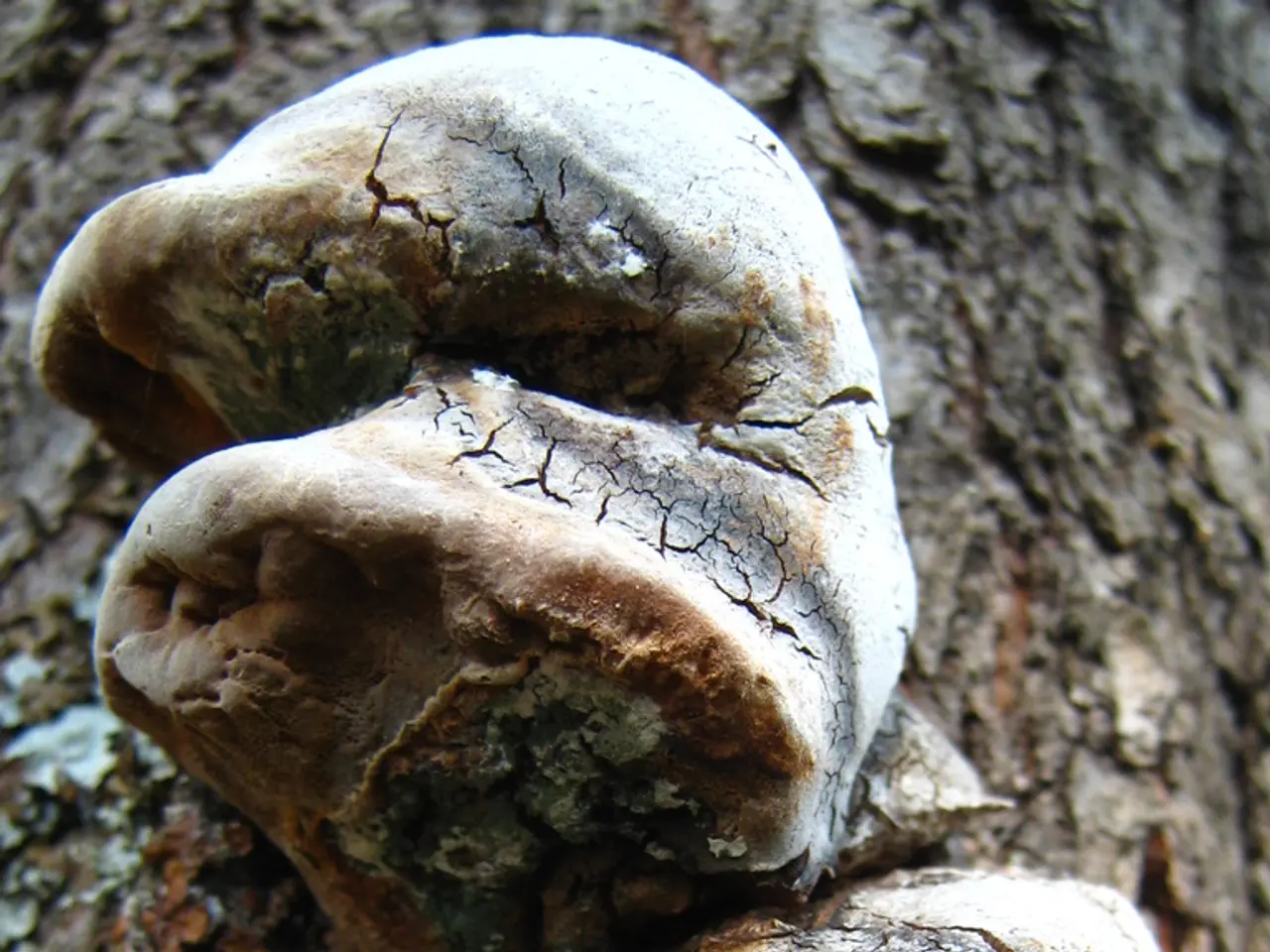Genital Infections: Origin, Symptoms, and Remedies
In the realm of sexual and reproductive health, it's essential to be well-informed about various conditions that can affect the male genitalia. This article aims to shed light on two such conditions: penis infections and lice infestations, focusing on balanitis, posthitis, balanoposthitis, and pthiriasis.
Balanitis, posthitis, and balanoposthitis are primarily inflammations or infections that can affect the penis, specifically the glans and foreskin. Balanitis refers to inflammation of the glans, posthitis to inflammation of the foreskin, and balanoposthitis is the combined inflammation of both. These conditions can be caused by a variety of factors, including fungi (especially Candida), bacteria, or irritants.
Symptoms of these conditions include redness, pain, swelling, discharge, itching, burning, and a foul odour. It's important to maintain good hygiene, use antifungal or antibacterial treatments, and avoid irritants to manage these conditions. In severe or recurring cases, surgery such as circumcision may be considered.
Pthiriasis, on the other hand, is an infestation of pubic lice (Phthirus pubis) that affects the genital area, including the penis. This condition is characterised by intense itching, visible lice or nits, and small blue spots or sores due to scratching. Treatment typically involves topical pediculicides, shaving or trimming pubic hair, and treating sexual partners to prevent reinfestation.
It's worth noting that balanitis and posthitis predominantly affect uncircumcised males and are often linked to poor hygiene or underlying diseases like diabetes. Phimosis (tight foreskin) can both predispose to and result from recurrent balanitis or balanoposthitis due to scarring and inflammation. Redundant foreskin may contribute to balanoposthitis by facilitating fungal growth and poor hygiene.
In the realm of sexually transmitted infections (STIs), it's crucial to remember that many infections may not always cause noticeable symptoms. STIs can pass between people through sexual contact and include conditions like chlamydia, gonorrhea, trichomonas, human papillomavirus (HPV), syphilis, herpes simplex virus, and others. Healthcare providers diagnose STIs through urinalysis, blood tests, and cell cultures of samples collected from open sores or discharge.
When it comes to penis infections, it's advisable to seek medical attention if symptoms such as skin discoloration, swelling, itching, or sores in the genital area appear. HPV warts may resolve on their own without medical treatment, but over-the-counter ointments containing salicylic acid may help remove warts.
In conclusion, being informed about penis infections and lice infestations is crucial for maintaining good sexual and reproductive health. Regular medical screenings, good hygiene practices, and prompt treatment can help manage these conditions effectively. If you're experiencing any symptoms, don't hesitate to consult a healthcare provider.
- The male genitalia can be affected by fungal infections as well, such as the fungal infection of male, known as a fungal infection of male.
- In addition to penis infections, conditions like lice infestations also need attention, especially pubic lice infestations, scientifically known as pthiriasis.
- Apart from penis infections and lice infestations, there are other medical-conditions that pertain to health and wellness, which include various health-and-wellness issues.
- Sexual health is not just about sexual infections; it also encompasses mental-health, and so, it's crucial to be aware of conditions like depression and anxiety that impact sexual health.
- Skin-care is another important aspect of health and wellness, with warts being common skin issues that can occur on various parts of the body.
- While balanitis, posthitis, and balanoposthitis can lead to cancer in some cases, regular screenings and prompt treatment can help manage these conditions effectively.




